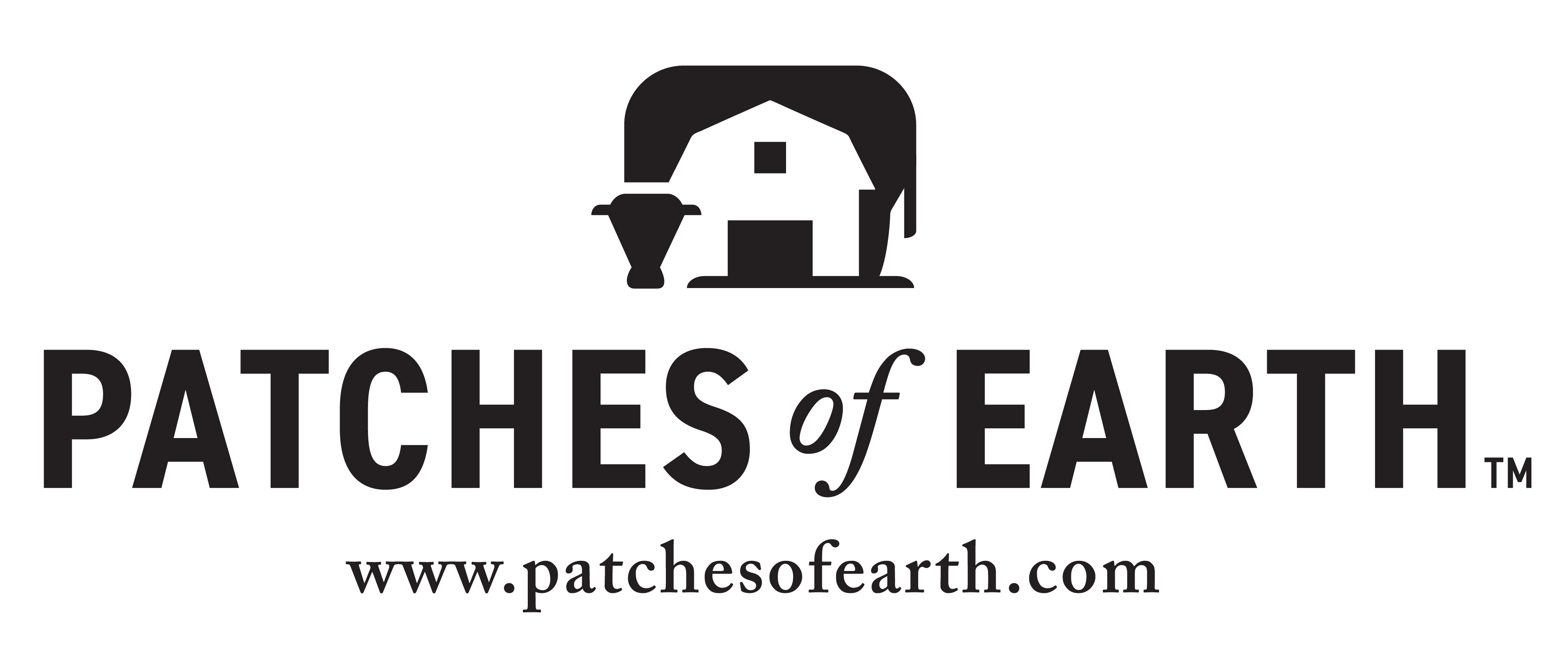
Grassfed beef, Regenerative beef, and how is it 'finished'?
What you need to know before making a buying decision
At Patches of Earth, our mission is to bring high quality food from a resilient network of local farmers to our customers in a way that is convenient, transparent, and reliable. To help us achieve this mission, we are particular about the farmers we work with. Patches of Earth supports resilient network of grass-fed beef producers, some of which finish their beef on grass, while others finish their beef on non-GMO organic grains. To help you better understand the importance of grass fed beef and the differences in the finishing protocols, we’ve put together the short article below. This article explains:
- What is grass fed beef and why is it great?
- What is ‘regenerative beef’?
- How is grass finished beef different from grain finished beef?
(1) What is grass fed beef and why is it great?
Grass fed beef is a healthier and more sustainable choice for meat lovers. Unlike conventionally raised beef, grass fed beef is leaner and more nutrient-dense, with higher levels of omega-3 fatty acids, CLA, and other beneficial nutrients. This means that by choosing grass fed beef, you can enjoy the delicious taste of beef while also getting the added health benefits that come with a more natural and nutrient-rich diet.
In addition, grass fed beef is produced using more environmentally sustainable farming practices. By allowing cattle to roam freely on pastures and eat a natural diet of grass and other forage, grass fed beef helps to promote soil health, reduce the need for synthetic fertilizers and pesticides, and support biodiversity. This means that by choosing grass fed beef, you can feel good about making a choice that is better for the planet.
Finally, some proponents of grass fed beef argue that it is a more ethical choice for meat eaters, as the cattle are able to live in more natural conditions and have access to a wider variety of foods. By supporting grass fed beef production, you can be a part of a more humane and sustainable food system. Grass finished beef comes from cattle that have been raised entirely on grass and forage throughout their entire lives. Grain finished beef, on the other hand, is meat that comes from cattle that have been raised on a grass-based diet for most of their lives but have been finished on a diet of non-GMO organic grains for the last few months before slaughter.
(2) What is ‘regenerative beef’?
Another term you may hear is “regenerative beef”. Grass fed beef and regenerative beef share many similarities. Both types of beef are raised in a way that prioritizes animal welfare, environmental sustainability, and the health and wellbeing of consumers. Grass fed beef is produced by allowing cattle to graze on natural pasture and eat a diet of grass and forage, while regenerative beef is produced using a holistic farming approach that focuses on building healthy soil, promoting biodiversity, and using regenerative grazing practices to improve soil health and sequester carbon. By prioritizing these sustainable farming practices, both grass fed and regenerative beef can provide consumers with a healthier and more environmentally friendly meat option. Additionally, both types of beef tend to be leaner and richer in nutrients than conventionally raised beef, making them a great choice for those who are health-conscious. Overall, both grass fed beef and regenerative beef are excellent choices for those who want to enjoy high-quality beef while also supporting a more sustainable and ethical food system. At Patches of Earth, we are strong supports of regenerative farming practices and go out of our way to find and support farmers who follow these practices.
(3) How is grass finished beef different from grain finished beef?
At Patches of Earth, we offer both grass finished, and grain finished beef. Grass finished beef comes from cattle that have been raised entirely on grass and forage throughout their entire lives, all the way up until slaughter.
Grain finished beef, on the other hand, is meat that comes from cattle that have been raised on a grass-based diet for most of their lives but have been finished on a diet of non-GMO organic grains for the last few months before slaughter. Grain finishing can result in a more tender and flavorful product with a higher degree of marbling, which some customers prefer. When done with non-GMO organic grains, it can also be a more environmentally sustainable choice, as organic farming practices tend to promote soil health and reduce the use of synthetic fertilizers and pesticides.
However, it's important to note that grain finished beef may not have the same health benefits as grass finished beef. While both types of beef are rich in protein and nutrients, grass finished beef tends to be leaner and has higher levels of beneficial omega-3 fatty acids and other nutrients.
Ultimately, the choice between grass finished and non-GMO organic grain finished beef comes down to personal preference and priorities. If you prioritize a more natural and sustainable farming method, grass finished beef may be the better choice for you. If you prioritize tenderness and flavor and want a more environmentally friendly option, non-GMO organic grain finished beef may be a good choice for you.
Regardless of your choice, we love both of these products and we pride ourselves on offering high-quality beef that is free from added hormones and antibiotics and raised in a way that promotes animal welfare and sustainable farming practices.
